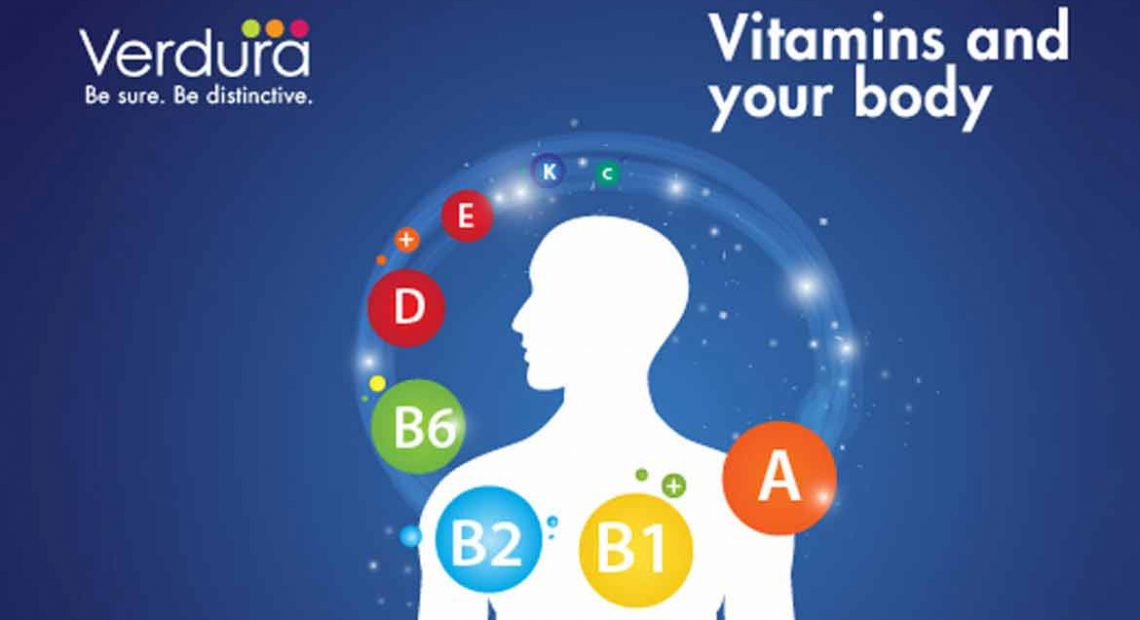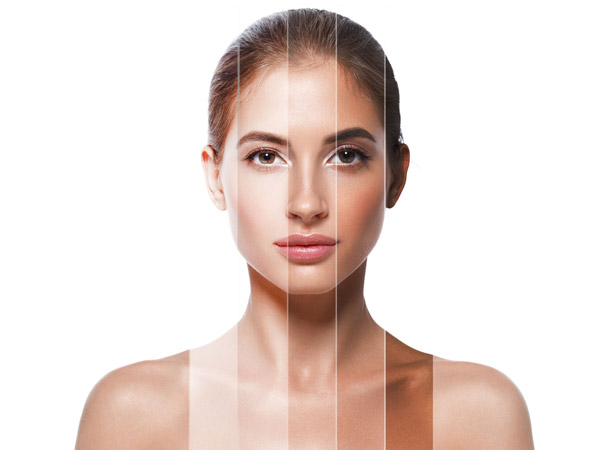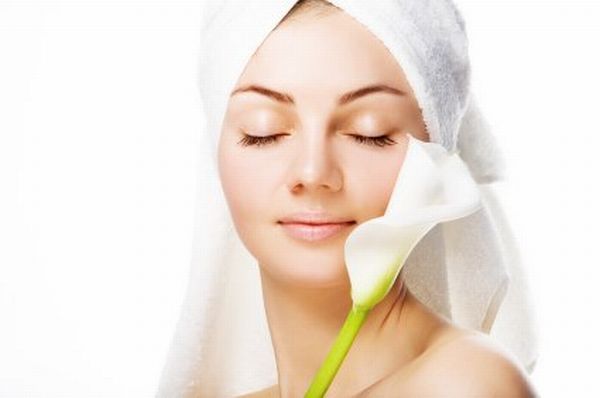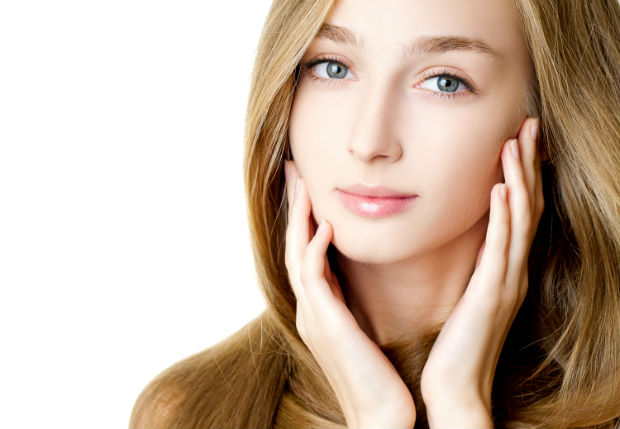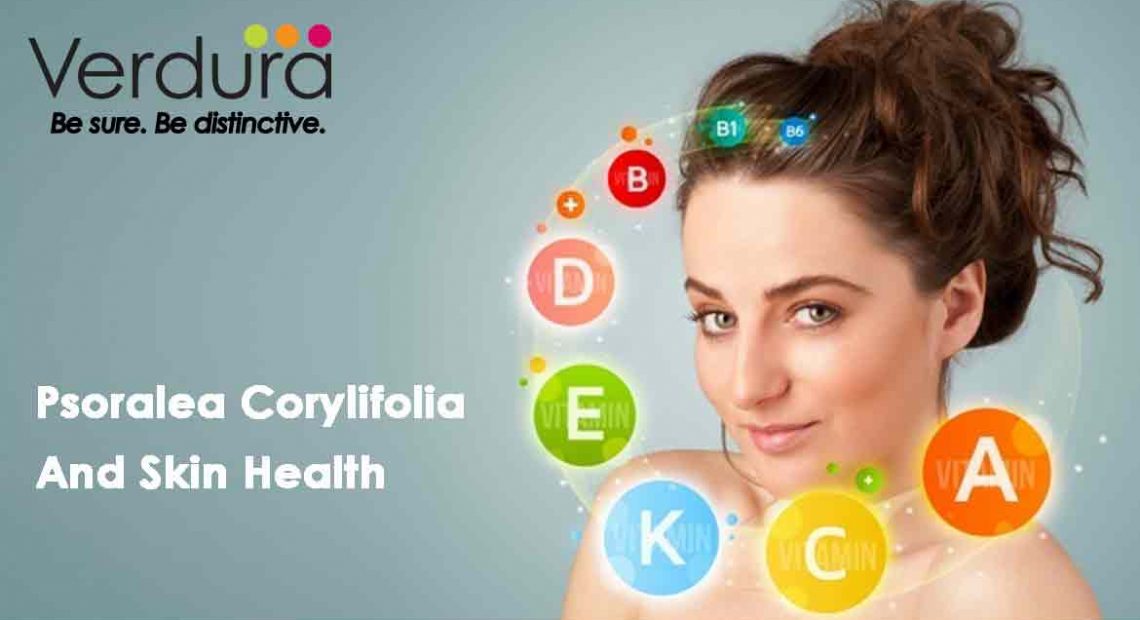A healthy skin is a source of pleasure, not only to the individual but also to the one who looks it. To possess a nice skin is to have great social advantage. The positive health of skin is an insurance against diseases. Conspicuous
The normal healthy skin is clear, smooth, supple, elastic, uniformly pigmented without wrinkles and does not sag. The skin being the external covering of human body is put to great stress and strain by the external environments involving factors like climatic changes, dust, irritants, non-pathogenic and pathogenic organisms. The sebum of skin should be washed off daily. The following factors are important in keeping the skin healthy.
DIET
It should be balanced and digestible. A fair amount of animal proteins and vitamins are essential. Concentrated starchy food should be avoided. The Spices, tea, coffee and alcohol should be consumed as little as possible. Occasional fasting is good for health and keep the digestion healthy. Over eating leads to obesity which predisposes to several illness. “Sattwik” diet is the best way.
FRESH COOL AIR, EXERCISE AND MILD SUN
Fresh cool air, exercise and mild sun are potent natural skin restorers. They stimulate the skin and there by the Thyroid, Adrenals and Sympathetic nervous system on which are dependent the well-being and vitality of the skin and the body.
A moderately cool climate is the most potent natural stimulus to the skin. Exercise in fresh, cool air is very stimulating. Yogic exercises are very beneficial. At the same time, extreme cold is injurious to skin. Scorching heat of tropical climate causes hyperhidrosis and maceration. So the skin must be protected from strong sun and direct heat. While mild sun bathing is beneficial, strong sun produces degenerative changes and even cancer.
CLOTHING
Our cloths and foot wears should not contain sensitizers. Avoid very tight fitting and Nylon cloths especially in summer and only wear loose cotton cloths and soft chappals. Nylon cloths interfere with the absorption and evaporation of sweat. In addition, the chemicals, dissolved by unevaporated sweat can cause contact dermatitis.
BATHING
In tropical countries, daily bathing with clean, cool water is essential in summer. In cold weather, one can use warm water as often as possible. Clean the various body folds, genitalia and feet properly. The skin should be dried thoroughly after bathing.
SOAP
A simple, least alkaline soap should be used. People with greasy skin need more soap than those with dry skin. People with dry skin should use superfatted soaps.
OIL
It nourishes the skin and hair and makes them smooth. Coconut and Olive oils are in common use. In dry cold weather conditions like North Indian winter, it is a good habit to massage Vaseline or milk cream on the exposed parts of the body before retiring bed which helps the skin smooth and fresh.
SHAVING
The following points should be kept in mind when shaving
- Do not shave too finely by stretching the skin
- Shave in one direction
- Use clean, sterilised and sharp instruments and avoid repeated shaving on the same part
- The beard should be properly softened with soap or shaving cream before shaving
The electric razor is a useful innovation, particularly for people with disorders on beard region.
COSMETICS
Cosmetics contain chemicals to which individuals may be sensitive or may become sensitized to them. So we are more care when selecting the cosmetics. In Europe and America, cosmetics are responsible for a great deal of contact eczema. In Asiatic countries, the incidence fortunately still low.
Chemicals in cosmetics may harm the skin, cause blockage of pores and invisible, slow degeneration. Hence avoid cosmetics as much as possible.
We follow the above said disciplines in our daily routine and keep our skin healthy and glowing.



